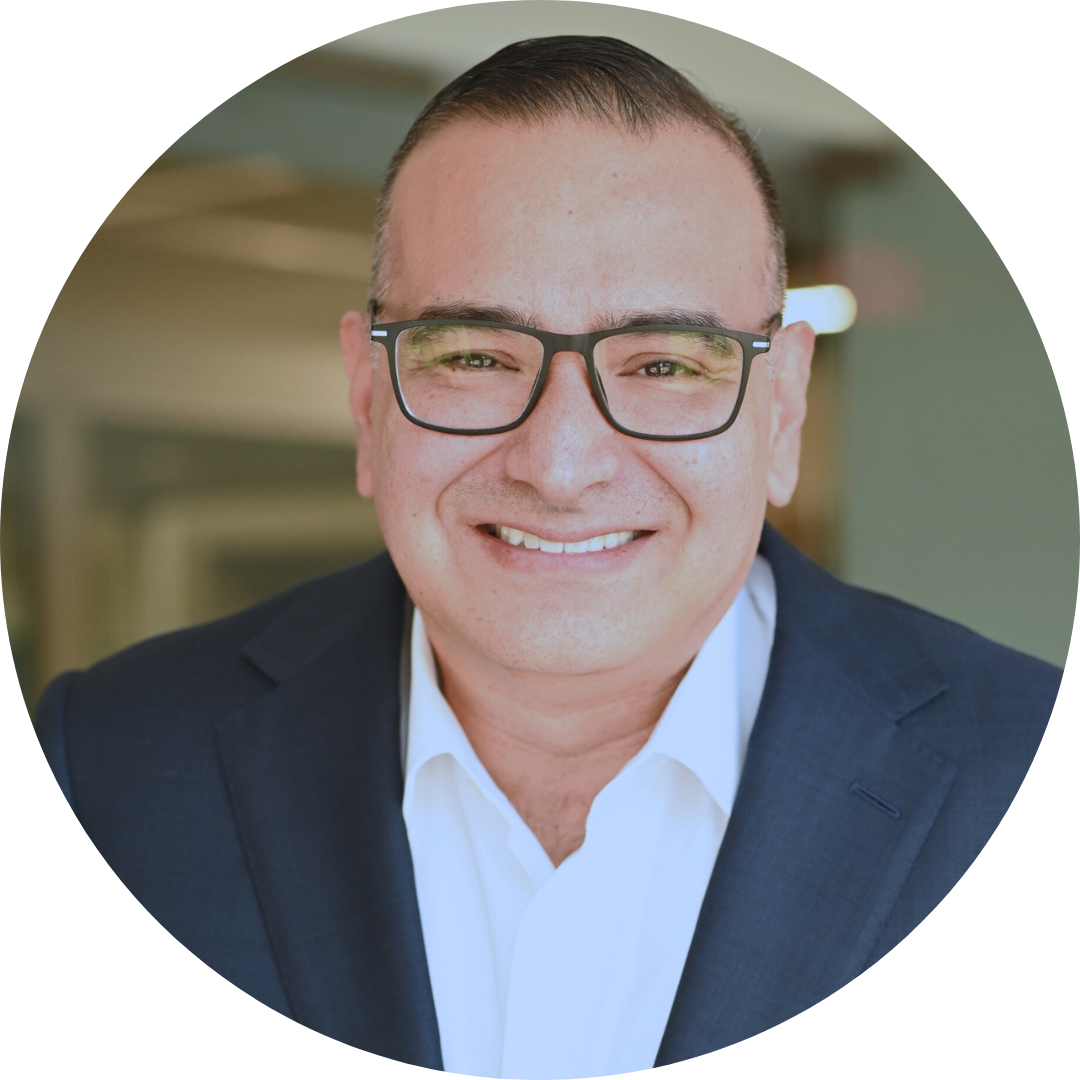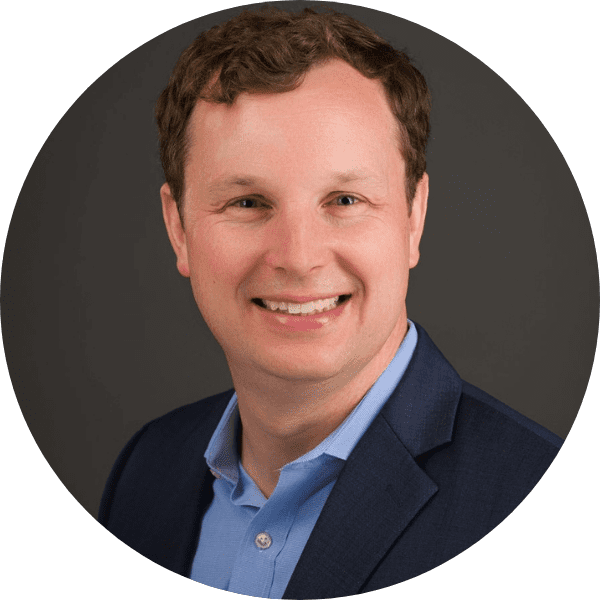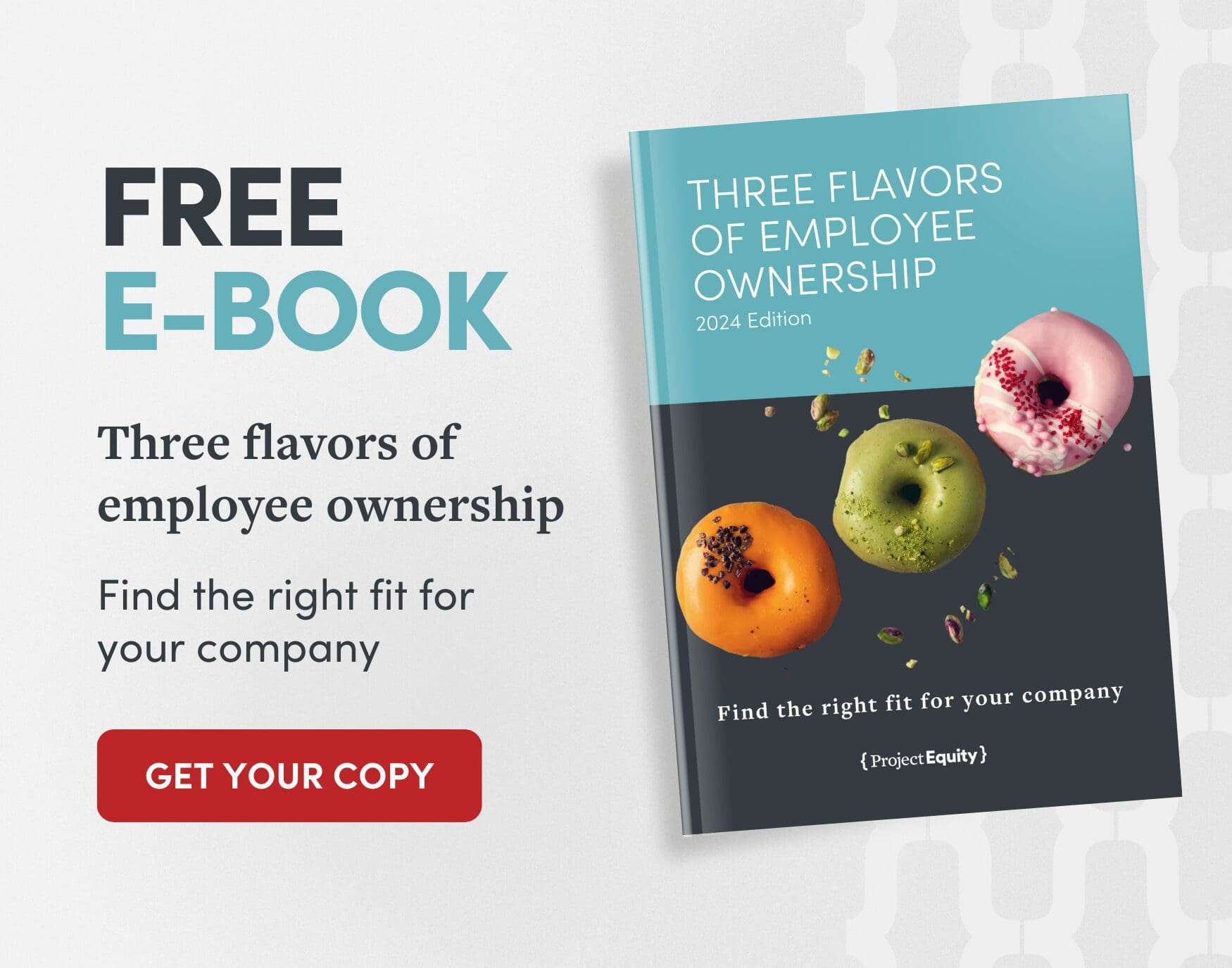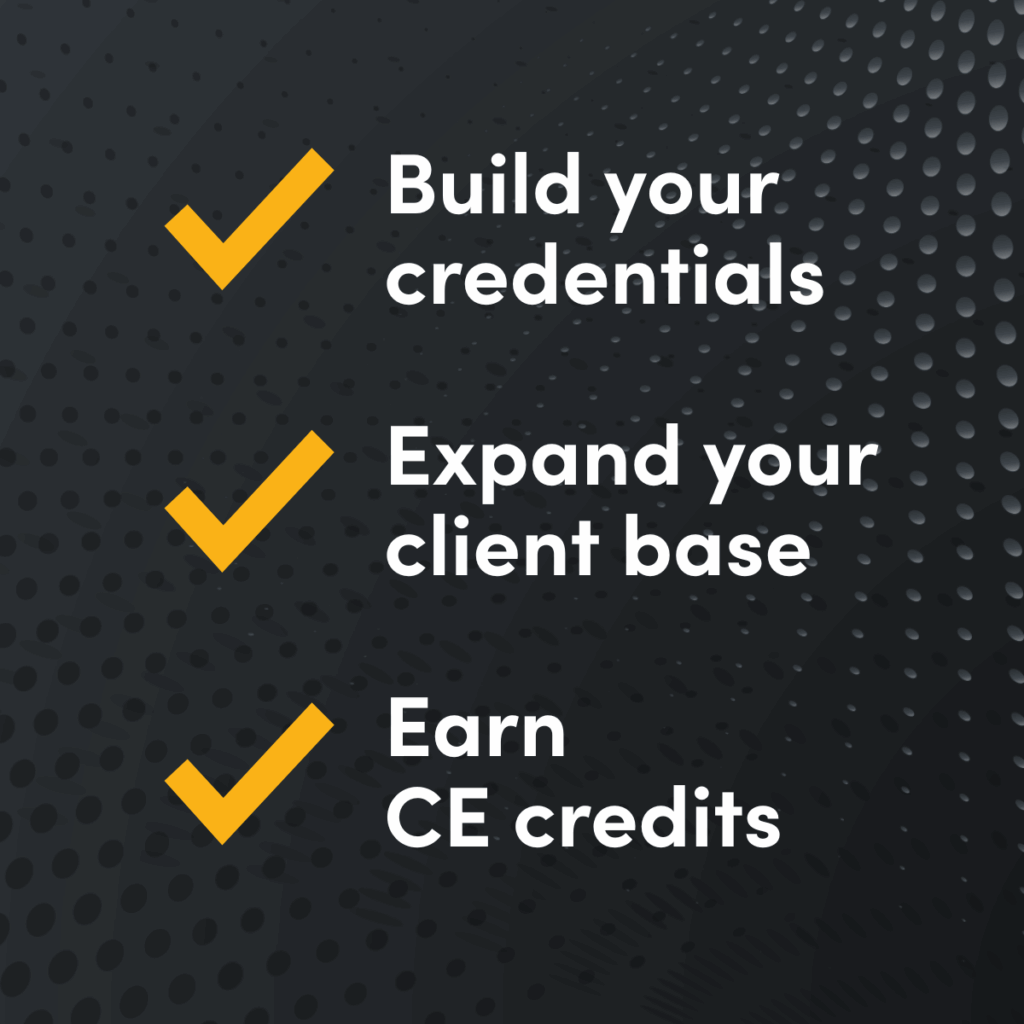The growing relevance of—and demand for—advisors who understand employee ownership
- Zarin Kresge
What if your client’s best exit strategy wasn’t private equity—but their own employees?
Throughout over five years of working with employee-owned companies, it quickly became clear to me how important business advisors are for exit planning.
I’m not alone in thinking this. According to an Exit Planning Institute survey, business owners said they trusted financial advisors most for exit planning—closely followed by their attorneys, accountants, and spouses.
As business advisors look for ways to serve and retain more clients, increase their assets under management, and carve out a niche for their practices, employee ownership (EO) has emerged as a growing specialty.
To better understand why, I reached out to three business advisors who offer EO services: Sam Brownell from Stratus Business Advisors, Chris Wingard from Kleinbard, and Abran Villegas from Lazear Capital Partners. Here’s what they had to say.
Why advisors should be well-versed in EO strategies and models

“The trends are clear: Fewer business owners are selling to their families,” Sam said. “And many business owners we speak with are not confident that they have one or two key employees who could handle ownership. However, if an advisor knows about EO exit options, they can solve multiple issues for an aging owner, including legacy, market value payment, operational continuity, and long-term wealth building for their employees and community.”
“For many business owners, employee ownership is the best exit option,” Abran added. “It is a great way to preserve culture, reward employees and in many cases, get more value for their company. For advisors, a third-party sale usually means the end of an engagement. With employee ownership, advisors can continue their consulting. As many third-party sales occur to out-of-state buyers, EO retains the company locally and enhances our communities.”
“As the Silver Tsunami crests, it will be increasingly important for business advisors to understand the full menu of exit options available to their clients. Unfortunately, many accountants, lawyers, and financial advisors may not be aware of how competitive an EO exit can be,” Chris said. “As a lawyer, I encourage business owners to consider the pros and cons of every exit option. To best serve their clients, advisors should understand how EO fits into this landscape because it can be a very attractive option.”
How knowing about EO helps advisors better serve their clients

“As advisors, it’s our duty to prioritize the goals of our clients. If a client that’s selling their business prioritizes operational continuity, job preservation, receiving a fair market value, and potential tax savings, then EO may be the best option for them,” said Chris. “These benefits—particularly the legacy preservation and operational continuity—are typically not available in a standard third-party sale. EO is not right for every situation, but a well-rounded advisor should be able to help their clients make an informed decision about whether it is the right fit for theirs.”
“Many owners do not know the benefits of employee ownership,” Abran stated. “EO has helped differentiate me in the market and provide alternatives to traditional third-party sales.”
“Clients want us to solve their problems. In order to successfully meet that goal, we need to use all the options at our disposal to solve their problem,” Sam explained. “EO provides multiple avenues for an owner to exit, be paid market value, and leave a legacy. Further, from the advisor’s perspective, a business that continues to operate based on your help will be a client that will come back to you time and again for advice.”
In summary, EO helps advisors to:
- Differentiate their practice.
- Deepen client relationships.
- Retain clients post-sale.
- Serve overlooked markets.
What’s fueling the growing demand for advisors who know about EO
Sam, Chris, and Abran all agreed that there’s an increased demand for advisors who are knowledgeable about EO as an exit strategy.
“There will always be a market for M&A and private equity,” Sam said. “However, most businesses in the U.S. are too small and/or their owners have goals that are not solely maximizing their sale price. Therefore, business advisors who want to grow their practice and create an economy with more sustainable growth would be wise to learn about EO.”
Abran added, “Many business owners recognize the risks related to third-party sales including loss of local employment, culture, and legacy. Many owners are asking for more education related to employee ownership.”
“Demand for EO advisors will continue to increase as the number of businesses transitioning ownership increases,” Chris explained. “Businesses with high customer or supplier concentrations, or that are relatively small, may not be good candidates for traditional third-party sales. If the owner has trouble finding a third-party buyer that’s aligned with their goals, as many owners do, then the best buyer may be the company’s employees. ”
How to monetize EO offerings as a market advantage

Becoming an expert in employee ownership can help advisors increase their revenue and develop unique value propositions. I asked Sam, Chris, and Abran how they all have used EO to grow their practices.
“In our opinion, the key to a successful business is to find a niche and provide customized solutions to clients within that niche,” Sam said. “EO adds a layer to our problem-solving ability that enables us to work with more clients, thus increasing our ability to earn money.”
Sam explained that advisors exploring EO should consider whether they want to act as the “general contractor” of an ownership transition—or focus as a specialized “subcontractor.”
“Making this decision will help advisors determine whether they offer succession plan implementation and coordination or more specific services such as ESOP [Employee Stock Ownership Plan] feasibility and design,” he concluded.
“ESOPs are very technical,” Abran said. “I think it is a good idea for business advisors to differentiate themselves and become experts in order to provide the best outcomes. Whether you are a consultant, banker, or wealth manager, employee ownership can help you have stronger client relationships.”
Chris agreed that being an expert in ESOPs can provide numerous competitive advantages: “There are countless advisors who can help business owners transition through a sale to a private equity fund or a strategic buyer. Relatively few advisors understand the intricacies of ESOPs. Being able to competently advise a business owner through a complex ESOP transition will absolutely differentiate you from your competitors in the market. ESOP deals are also generally larger than other forms of EO, and this larger transaction value may translate to higher professional fees depending on the advisor’s billing structure.”
The bottom line: EO expertise pays off
As more business owners seek values-driven succession plans and communities look to retain local businesses, the demand for advisors well-versed in employee ownership continues to grow. For advisors, gaining EO expertise isn’t just a way to better serve clients—it’s a smart, future-forward move that sets them apart in a rapidly evolving marketplace.
Ready to get started? Explore our on-demand, EPI, NASBA, and CFP-accredited EO Advantage courses and take the first step toward becoming a trusted advisor in employee ownership.
About the author
Zarin leads Project Equity’s efforts to educate business advisors on how employee ownership can strengthen succession planning, differentiate their services, and deliver greater value to clients. He first discovered the power of employee ownership while completing his MBA at Presidio Graduate School. Before Project Equity, Zarin led growth and strategy at Certified Employee-Owned, building national recognition for the model and deepening engagement with employee-owners. He also serves on the board of the North Carolina Employee Ownership Center. Earlier in his career, he was Executive Director of a nonprofit thrift store and legacy business in San Francisco. Outside of work, he enjoys exploring local rivers, cooking, and spending time with his family.

Article details
Audience
Topic



